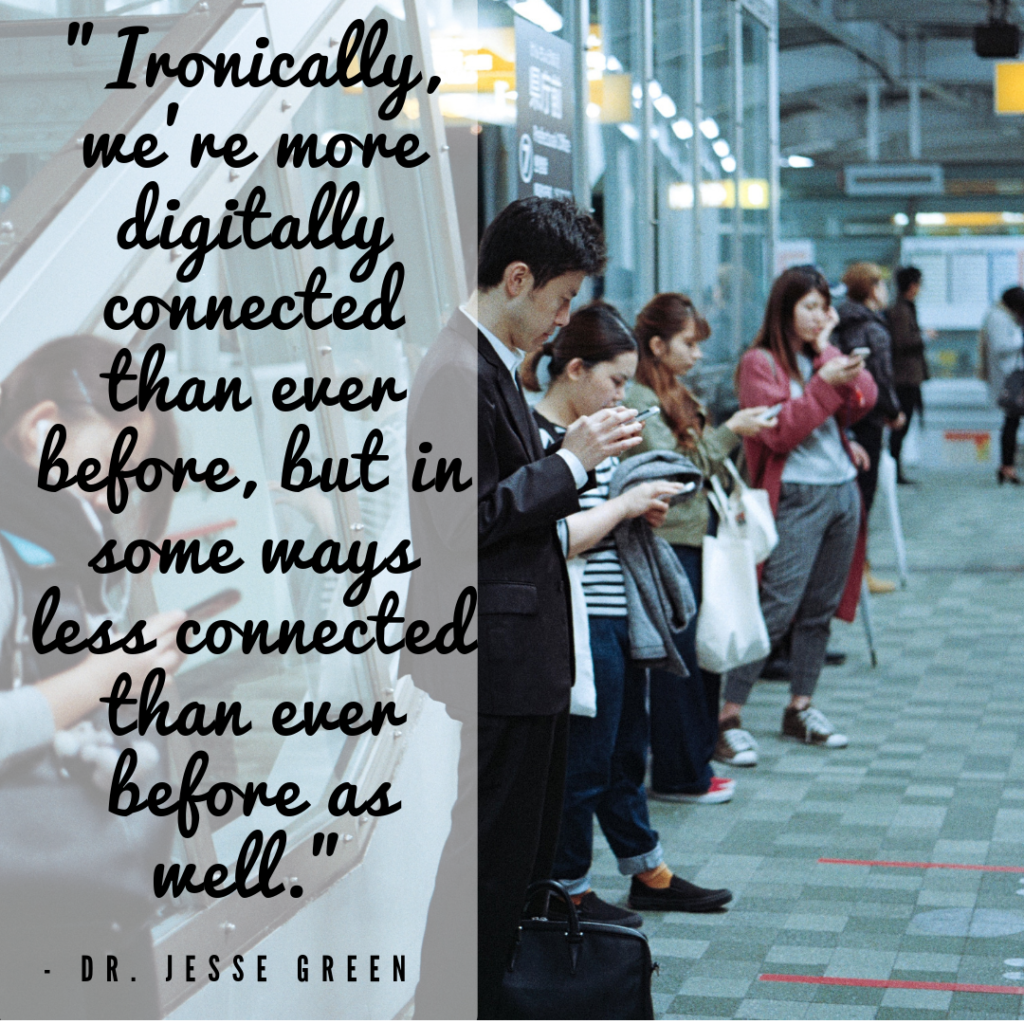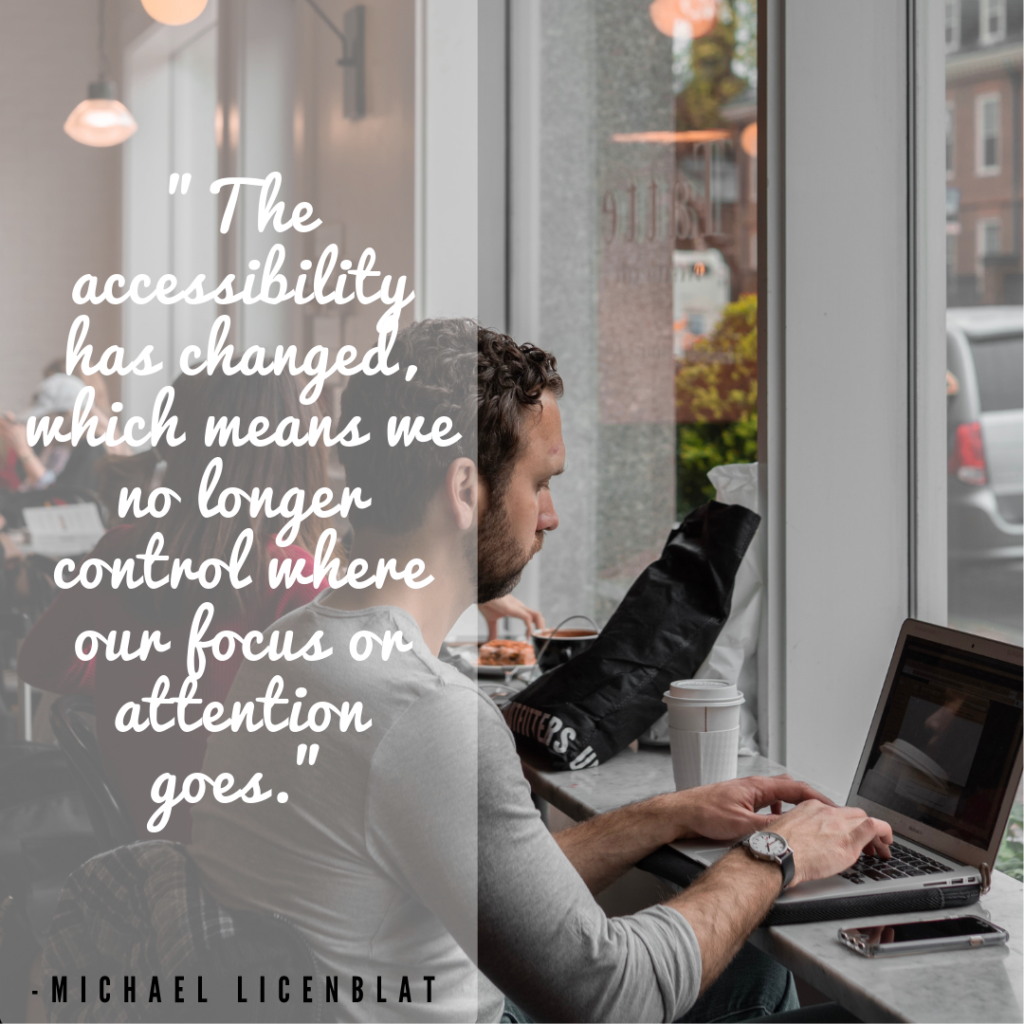We all have setbacks; it is part and parcel of living on this beautiful planet. Listen to anyone’s success story and they’d tell you about how they moved forward against the odds; how they fought back against forces to be where they are. And it all sounds inspirational, amazing and impossible to achieve!‘
Thomas Edison can do 1800 experiments before inventing the light bulb, I don’t think I have that kind of willpower or resilience’. But how do you know you don’t? Resilience is one word that is often misrepresented and used misleadingly. And resilience is one trait, which when achieved can make all the difference in how you approach work, life and more importantly setbacks in general.
The True Definition of Resilience
So what is the true definition of resilience? Resilience is not just about going against the tide, pushing hard and striving through. Resilience means bringing the best version of yourself, whether it’s your business, your work, your family or your personal life. It is about bringing the best version of yourself under pressure so that you actually become better, smarter, and faster under high pressure environments rather than just trying to cope with it.
The Shackles of Technology
Technology is great, there is no denying that. It has made our lives easier, faster and more accessible. But it also comes with its fair share of drawbacks. Because it has made things easier and faster, we want more done in the same amount of time, which means we are always working. Because you can get a crown made in 30 minutes, you don’t want to wait until the next appointment to fix it in. And while you wait for the crown, you respond to your emails, check up on the stock market one more time, book your tickets for the conference and even network with an important client. So much gets done but sometimes at the price of your health and mental wellbeing.
Now everything is accessible, you are accessible. It doesn’t matter if you are in the shower, visiting your grandmother or meeting your divorce lawyer, your client will call you up and ask why their teeth feel funny all of a sudden. And that is draining your energy all the more.
The Value of Letting Go
Resilience is about facing the situations head on, but it also means letting go when need be. You cannot always control everything. You cannot always have all the answers and solutions, and resilience is also about accepting that. Sometimes you have to disconnect yourself from the things that might not be working for you or are draining you out.
Confront Your Apprehensions
We all have moments and issues that we don’t want to tackle; things we keep putting on the backburner for another day. But those are the things that you need to take on before anything else. The moments you feel some sort of excuse or avoidance toughen up and confront it. Because when you are trying to avoid something, you start making excuses or start justifying why you aren’t doing it; you start telling yourself you need a break, you need to slow down, you have more important things to do. That’s just way too much conversation with yourself and very little action. It’s great to take a break, but that doesn’t necessarily mean a break from the important things that need to be done.
The Need for Instant Gratification
Times are evolving faster than evolution intended. We are becoming used to getting things done instantly and according to our likings. You want a pizza? You call the guy up and get it in less than thirty minutes, if he dare takes longer, you get it for free. No waiting for hours to get the dough to rise properly or for it to bake while you watch the oven through the glass doors with eyes wide open. Not to say you shouldn’t enjoy your instant pizza delivery, but if it makes you expect everything delivered to your doorstep by tapping on a screen then you will have great difficulty dealing with setbacks and failures.
Because life doesn’t work that way, your bank may keep extending your deadlines or your teacher might give you a candy for scoring the eighth position on a Spellathon but challenges in the real world are not that forgiving. You need to put the work in to get things done in a certain way, and even that might not be enough sometimes. Things might not work the way you expected them to, and it is okay.
The Process of Failing Forward
So what should you do when you fail? You should fail forward! Failing forward simply means to embrace the fact that you are going to fail, and it will happen from time to time. But it doesn’t mean anything bad. Don’t get hung up on it and start doubting yourself. You will learn from it and move on. There is great value in sitting and reflecting. The idea is to not let it burden you down with feelings of regret but rather fill you with feelings of hope and motivation. There’s true resilience in that.
Growth Vs. Fixed
There is a fixed mind-set and there is a growth mind-set. A fixed mind-set is when you believe your talent will get you to the top, and when it doesn’t you start feeling you are not good enough and you give up. Growth mind-set is when you believe your hard work, resilience and desire to learn will help you grow and so even when things don’t go according to plan, you decide to work harder, learn more and continue being resilient until you don’t get your desired results. This change in mind-set can make all the difference in how you approach challenges.
What is Your Team Members’ Currency of Success?
Everyone has a currency of success, and it isn’t always monetary. What keeps your team members motivated? Is it appreciation? Is it gratitude? Is it giving them space to grow? What do they need? Do they need progress? Do they want specific goals or a sense of progress? Once you have clearer answers to these questions, it’d become easier to lead your team more effectively and avoid setbacks from their end.
The Dynamics of Conversation
Not all conversations are pleasant, sometimes you need to be at the giving or receiving end of a difficult conversation. But just because the topic is conflicting does not mean it needs to end with a conflict too. By being more prepared, you can avoid any unpleasant consequences and also lead the conversation in a more purposeful way. Know why you are having the conversation, so that the person on the other end does not have to make guesses or be anxious.
The Last Word
In order to bounce back from setbacks, you need to make pressure your friend and not your enemy. Don’t treat it like an arm wrestle that you have to beat, but to understand it like a dance. You’ve got to work out how it moves and how you move with it. Sometimes you step forward, but you also might need to step back too sometimes.
P.S. Whenever you’re ready …. here are 4 ways I can help you grow your dental practice:
- Grab a free chapter from my book “Retention – How to Plug the #1 Profit Leak in Your Dental Practice”
The book is the definitive guide to patient retention and how to use internal marketing to grow your practice – Click Here - Join the Savvy Dentist community and connect with dentists who are scaling their practice too
It’s our Facebook group where clever dentists learn to become commercially smart so that they have more patients, more profit and less stress. – Click Here - Attend a Practice Max Intensive live event
Our 2 day immersive events provide access to the latest entrepreneurial thinking and actionable strategies to drive your practice forward. You’ll leave with a game plan to take your results to the next level. If you’d like to join us, just send me a message with the word “Event and I’ll get you all the details! – Click here - Work with me and my team privately
If you’d like to work directly with me and my team to take your profit from 6 figures to 7 figures …. just send me a message with the word “Private”… tell me a little about your practice and what you would like to work on together, and I’ll get you all the details! – Click here






